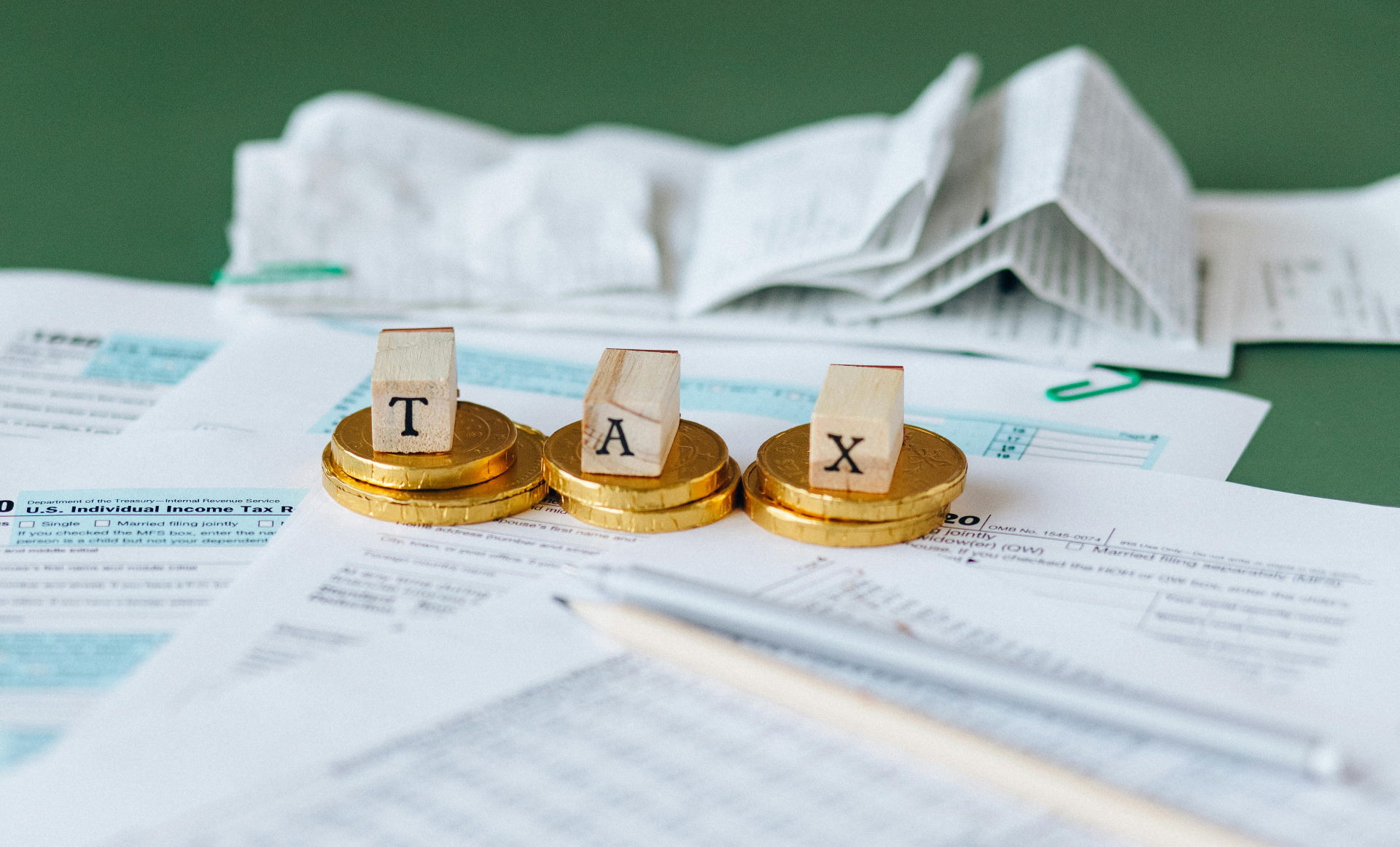
Taxation of property is a key component of real estate law, representing the financial obligations property owners bear to support public services and local government initiatives. This process involves the assessment and imposition of taxes on real estate, serving as a critical revenue source for municipalities and contributing to the overall framework of real estate law.
Assessments of property values
The assessment of property values through property taxation is a fundamental aspect of real estate law and serves as the basis for determining the tax liabilities of property owners. This process involves the systematic valuation of real estate by local tax authorities to establish its market value, which, in turn, dictates the amount of property taxes owed. Local tax assessors are responsible for conducting property assessments, which may occur on an annual basis or at regular intervals depending on local regulations. The goal is to provide an accurate and up-to-date reflection of the property’s value, taking into account factors such as market conditions, property improvements, and overall economic trends. The assessed value represents an estimation of the property’s fair market value, considering factors like location, size, condition, and any recent changes or improvements. Property owners typically receive notifications detailing the assessed value of their properties, allowing them an opportunity to review and, if necessary, appeal the assessment if they believe it is inaccurate.
The property tax rate, expressed as a percentage, is then applied to the assessed value to determine the property tax liability. This revenue generated from property taxes is a critical source of funding for local governments, supporting essential services such as education, public safety, infrastructure development, and community programs. The transparency and fairness of the assessment process are crucial to maintaining the integrity of property taxation. Property owners have the right to challenge assessments through an appeals process, ensuring that inaccuracies or changes in property value are addressed. This appeals process is designed to provide a mechanism for property owners to voice concerns and seek adjustments to their tax liabilities.
Property assessments are not static; they evolve over time to reflect changes in the real estate market and the property itself. Improvements, renovations, or changes in the neighborhood can influence assessed values. For instance, if a property undergoes substantial renovations that increase its market value, the assessed value—and consequently, the property tax liability—may also rise. Understanding the assessment process is crucial for property owners to manage their tax obligations effectively. Local governments often provide information about assessment procedures, tax rates, and the appeals process. Engaging with tax professionals or legal experts specializing in real estate law can further assist property owners in navigating the complexities of property assessments and ensuring compliance with relevant regulations.
Impact of property improvements
Property improvements can have a direct impact on property taxation, influencing the assessed value of real estate and subsequently affecting the amount of property taxes owed. The connection between property improvements and taxation is rooted in the fundamental principle that property taxes are typically based on the assessed value of a property.
When property owners make improvements to their real estate, such as renovations, expansions, or the addition of new structures, these changes can increase the overall value of the property. The assessed value, determined by local tax assessors, is a reflection of the property’s market worth, considering factors like size, condition, and any enhancements made. As the assessed value of a property rises due to improvements, the property tax liability is likely to increase. The property tax rate, applied as a percentage of the assessed value, determines the amount of taxes owed. Therefore, a higher assessed value resulting from improvements will lead to a higher property tax bill.
The impact of property improvements on property taxation underscores the dynamic nature of the taxation system. It reflects the changing value of real estate over time, aligning with the principle that property taxes are intended to be proportionate to the value of the property. This approach aims to ensure that property owners who enhance their real estate contribute proportionally more to the funding of local government services and infrastructure. It’s important for property owners to be aware of the potential consequences of property improvements on their tax liabilities. While improvements can enhance the value and utility of a property, they also bring about increased financial responsibilities in the form of higher property taxes. This consideration becomes particularly relevant for property owners planning substantial renovations or expansions, as the resulting changes in assessed value could have a significant impact on their overall tax burden.
In summary, property improvements directly influence property taxation by affecting the assessed value of real estate. While property owners may seek to enhance the value and functionality of their properties through improvements, they should be mindful of the potential implications on property taxes and plan accordingly to meet their financial obligations within the framework of the local property taxation system.





